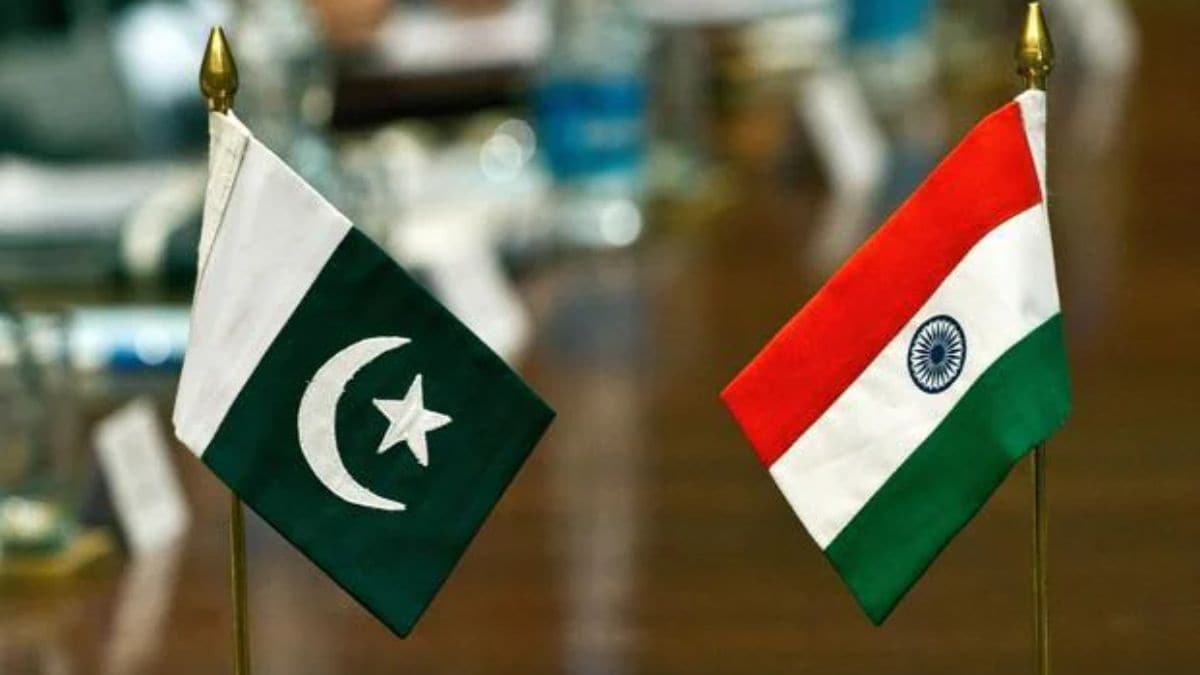

The Government of India has declared a Pakistani official working at the Pakistan High Commission in New Delhi persona non grata and has demanded his departure within 24 hours. The Ministry of External Affairs (MEA) issued a statement on Tuesday, May 13, 2025, stating that the official was involved in activities "not in keeping with his official status."
This action arrives amidst heightened tensions between India and Pakistan, triggered by a recent terrorist attack in Pahalgam. Following the attack, India conducted a counter-operation named 'Operation Sindoor,' targeting terrorist infrastructure within Pakistan. This was met with retaliation from Pakistan, including heavy artillery fire across the Line of Control (LoC) and International Border (IB), as well as drone and missile strikes aimed at both civilian and military structures in India. While these strikes were largely thwarted by Indian air defense systems, the situation escalated considerably. India responded by striking multiple air bases across the border, reportedly rendering some inoperable.
While both sides had reached a fragile understanding to halt the firing just days prior, the underlying tensions remain palpable. Prime Minister Narendra Modi has asserted that "Operation Sindoor" represents India's "new normal," signaling a departure from past restraint and a firm stance against any future terror strikes. He emphasized that India would now consider terror organizations and governments supporting them as a single entity, indicating a more assertive approach towards cross-border terrorism.
Declaring a diplomat persona non grata is a significant diplomatic censure. The term, Latin for "unwelcome person," represents the strongest form of disapproval a host country can express, effectively ordering the individual to leave its territory, typically within a short timeframe. Under Article 9 of the Vienna Convention on Diplomatic Relations (1961), a country can declare a diplomat persona non grata at any time and without providing a specific explanation. This action results in the individual losing diplomatic privileges and immunity. While often used in cases of espionage or actions considered hostile, it can also be a symbolic expression of displeasure.
India's expulsion of the Pakistani diplomat underscores the deteriorating relationship between the two countries. It also reinforces India's long-standing position on Jammu and Kashmir, rejecting any third-party mediation and maintaining that the only issue open for dialogue with Pakistan is the return of Pakistan-occupied Kashmir (PoK) and the dismantling of terrorist infrastructure.